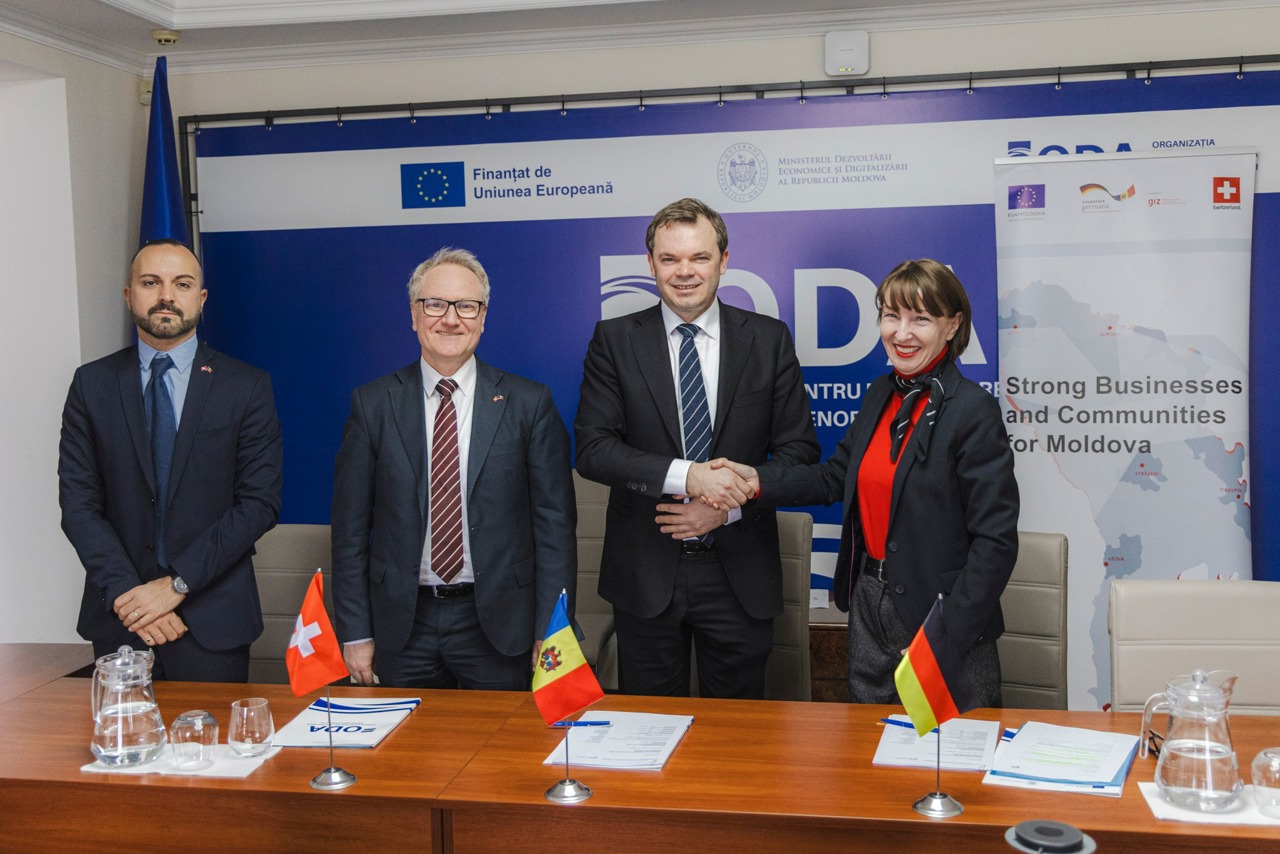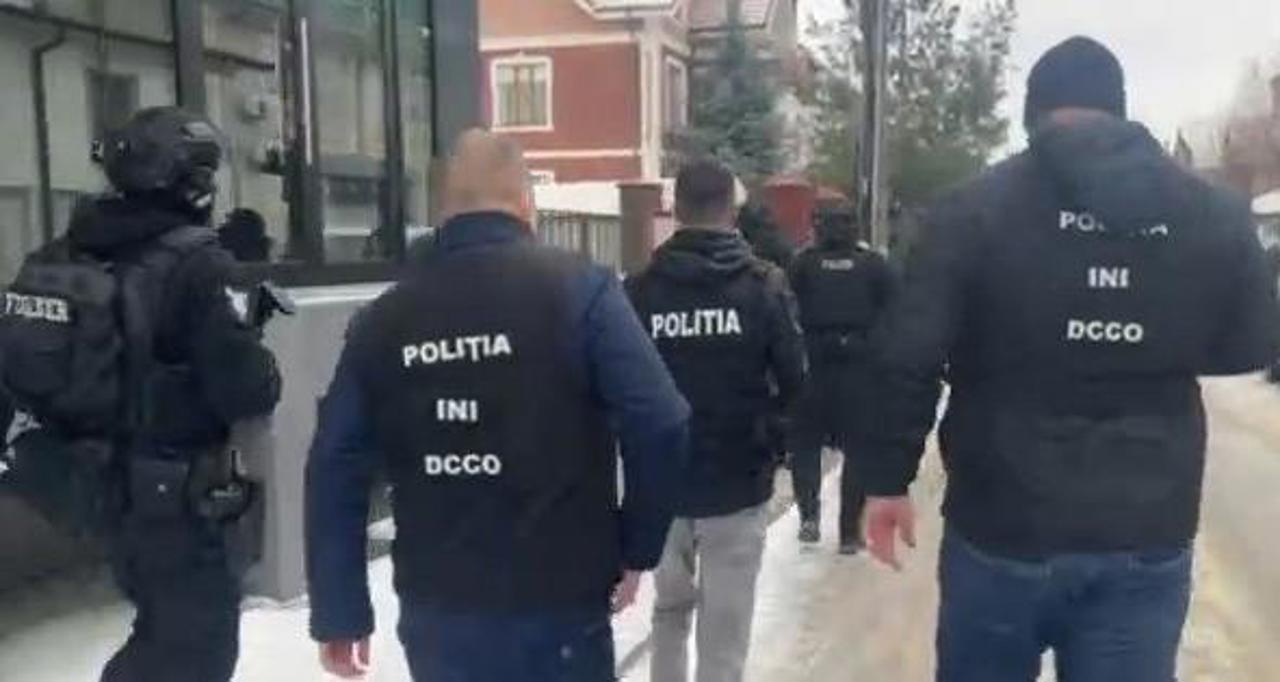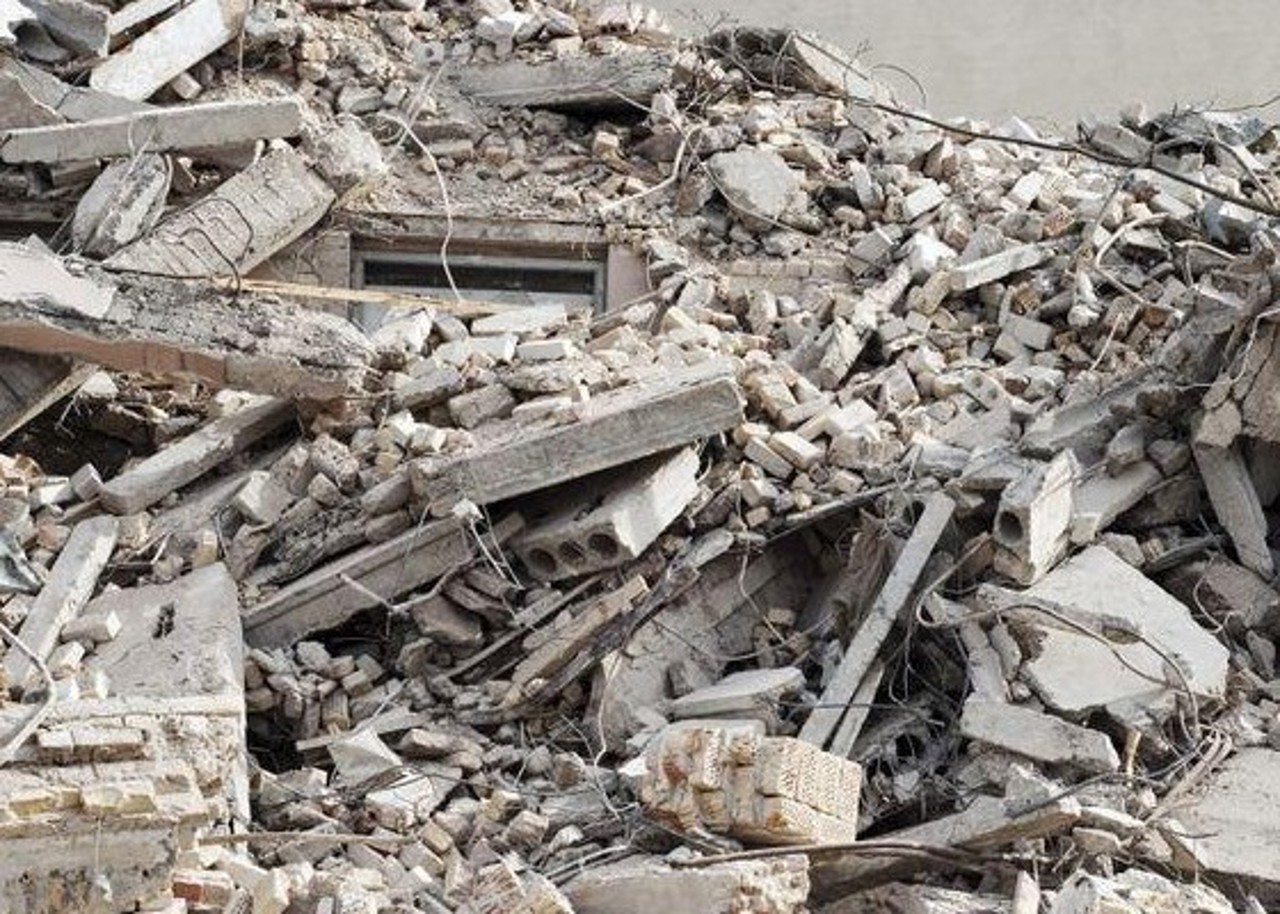Lack of Experts Hinders Moldovan EU Projects
A lack of specialists with expertise in project writing, implementation, and securing European Union (EU) investments poses a significant challenge for villages within the Republic of Moldova.

In Romania, nearly 700 public administrators work across county councils, cities, and communes specifically to implement such projects. Experts from across the Prut River suggest that adopting this model could prove beneficial for Moldova; however, the initiative must primarily come from local mayors.
Daniel Țonu, mayor of the Zîmbreni commune in the Ialoveni district, highlights the locality's inability to benefit from EU projects due to a lack of administrative capability within the local government.
"To say that this is difficult for me is an understatement. I know it presents difficulties for all mayors within the Republic of Moldova. While we eagerly anticipate European projects, successfully accessing them requires targeted proposals. This necessitates specialised knowledge that, frankly, I do not possess. We participate in twinning projects, but our commune lacks experience with EU projects," states Mayor Țonu.
In contrast, the City Hall of Ialoveni employs public officials and specialists dedicated to attracting foreign investments and developing EU-funded projects. The city's mayor believes that offering higher salaries could accelerate the hiring of similar personnel in villages.
"The city of Ialoveni has such individuals in place, including our deputy mayor who focuses on investment attraction. Additionally, we employ two specialists in this field. However, such positions require broader skills, including proficiency in English and Italian," explains Sergiu Armașu, mayor of Ialoveni.
Discussions among mayors centre on potential funding, which is not yet available, as a means of establishing public administrator positions. Stella Jemna, country representative for the international investment fund WNISEF, believes this concept holds significant merit. She asserts that mirroring Romania's model, where administrators are selected competitively to focus on project development and implementation, would be highly advantageous for Moldova.
Public administrators in Romania emphasise the importance of local elected officials spearheading such an initiative.
"We in Romania offer numerous successful examples. Should there be a need, and should this approach align with the goals of local elected officials, they have the power to initiate legislation creating this position within local communities," notes Romanian public administrator Sorin Brașoveanu.
According to the Ministry of Finance, in 2022, the Republic of Moldova received 5.5 billion lei in external funds from the European Union. Of this amount, over half was disbursed as grants.
Translation by Iurie Tataru




